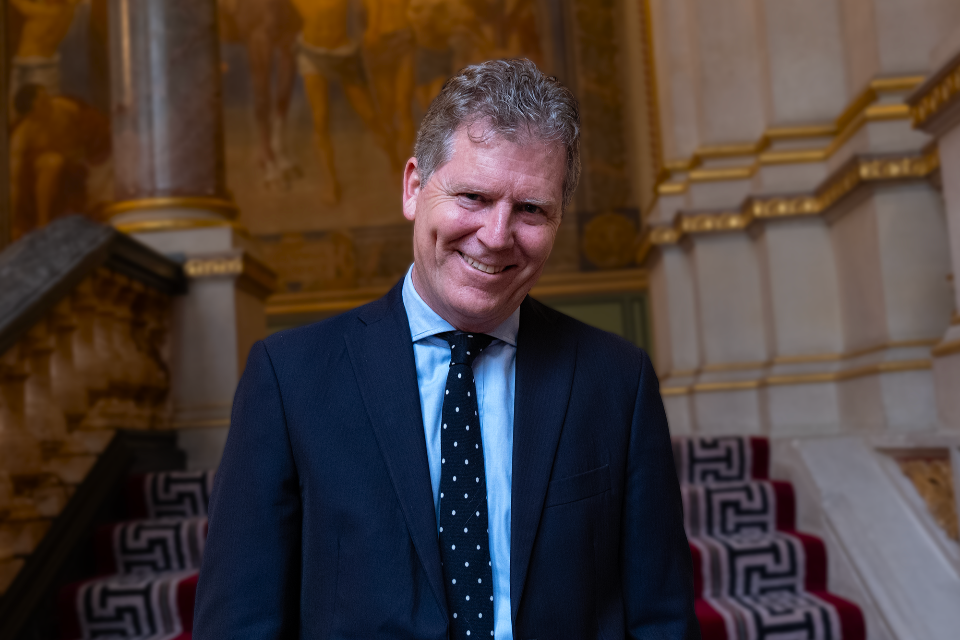Thank you President, and I thank Assistant-Secretary-General Khiari for his briefing.
The United Kingdom and this Council have consistently condemned, in the strongest terms, the illegal and unjustified attacks in the Red Sea by the Houthi militants.
On 9 January, the Houthis attacked UK and US naval vessels. Last night, we took limited, necessary and proportionate action in self-defence alongside the United States, with the non-operational support of the Netherlands, Canada, Bahrain and Australia. The United Kingdom’s Royal Air Force carried out targeted strikes against military facilities used by Houthi rebels in Yemen. This operation took particular care to minimise risks to civilians.
Since November, the Houthis have launched over 100 drone and missile attacks against vessels from a range of countries, putting innocent lives at risk, threatening the global economy, and destabilising the region. This has continued despite this Council’s demand in resolution 2722, adopted earlier this week, that the Houthis immediately cease all such attacks.
Let me be clear. The attacks by Houthis on vessels in the Red Sea must stop. We have made this clear to the Houthis, and we call on them to deescalate.
The United Kingdom is committed to continue working with the international community, and this Council, to combat this international threat.
We have published a summary of our legal position on last night’s strikes and have reported to the Council in writing in accordance with Article 51 of the UN Charter.
President, we remain committed to ensuring the freedom of navigation, which is protected by international law, and to defending international trade. It is in all our interests to work together to de-escalate tensions in the region.
Thank you, President.








